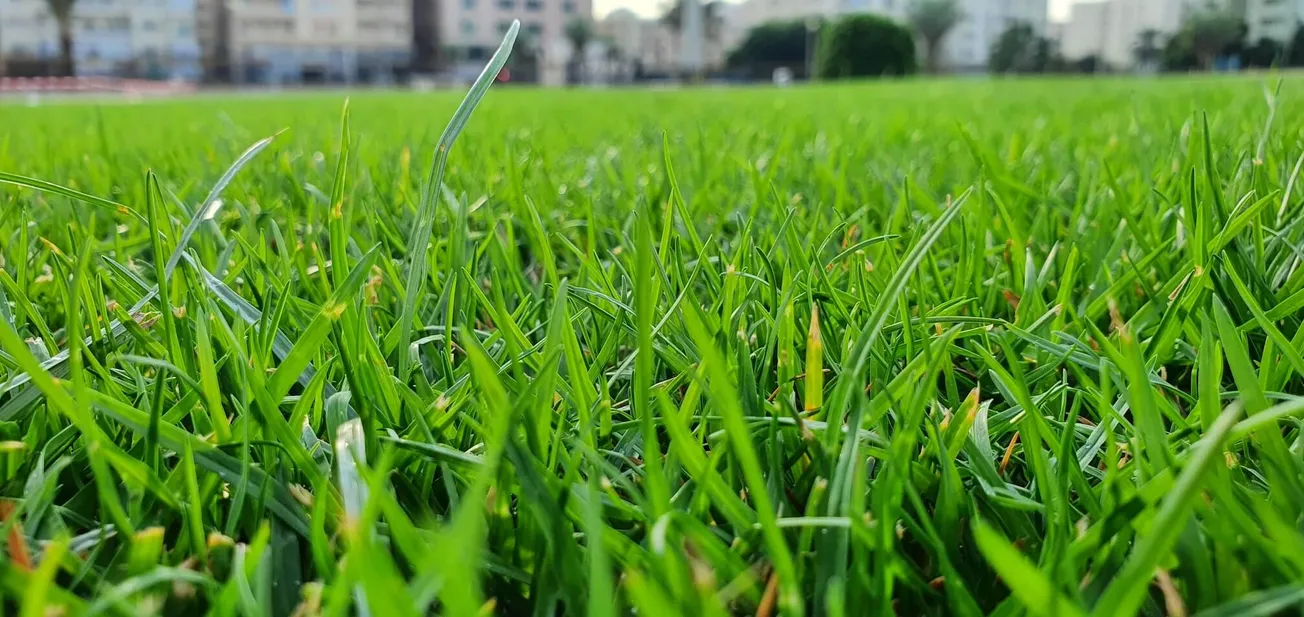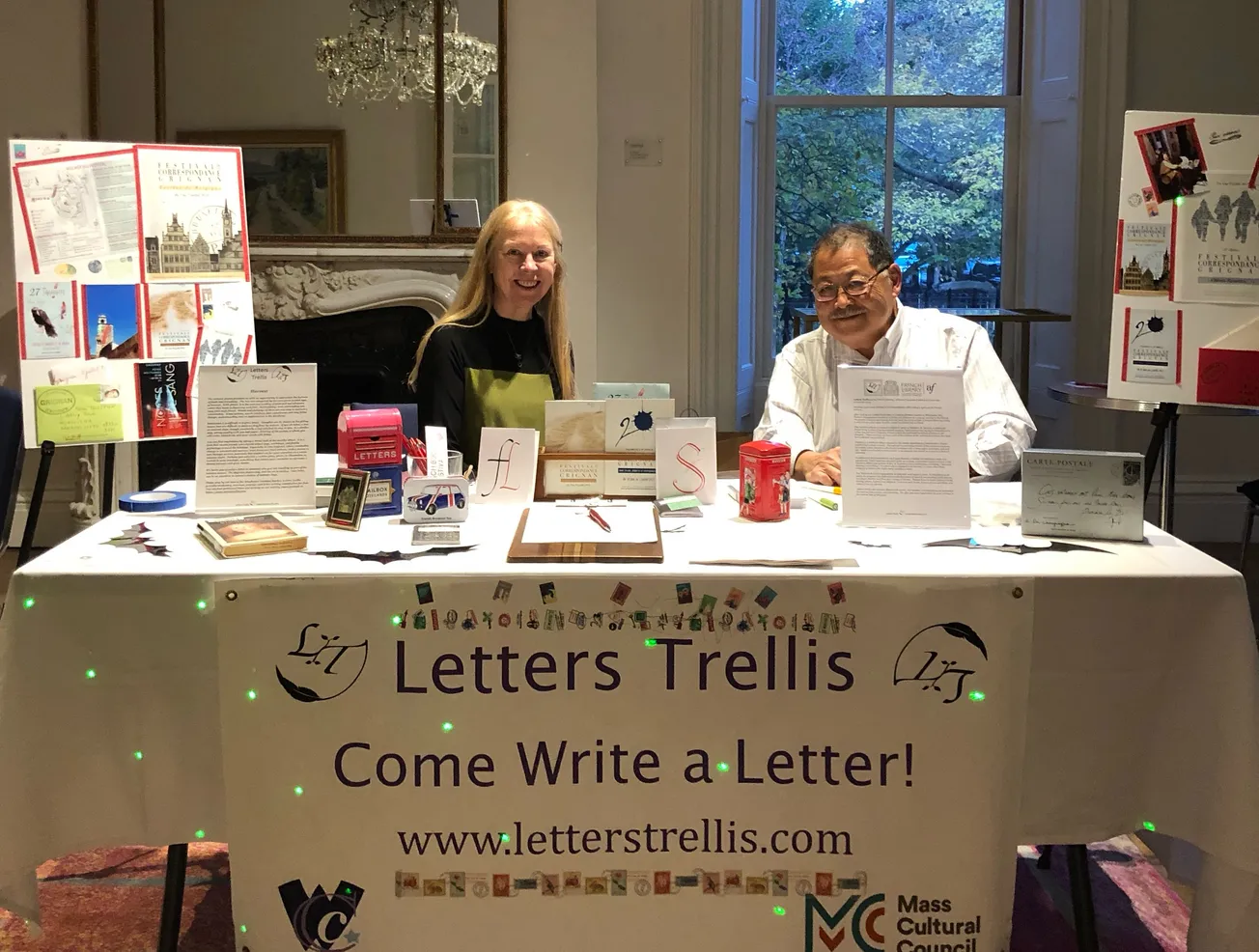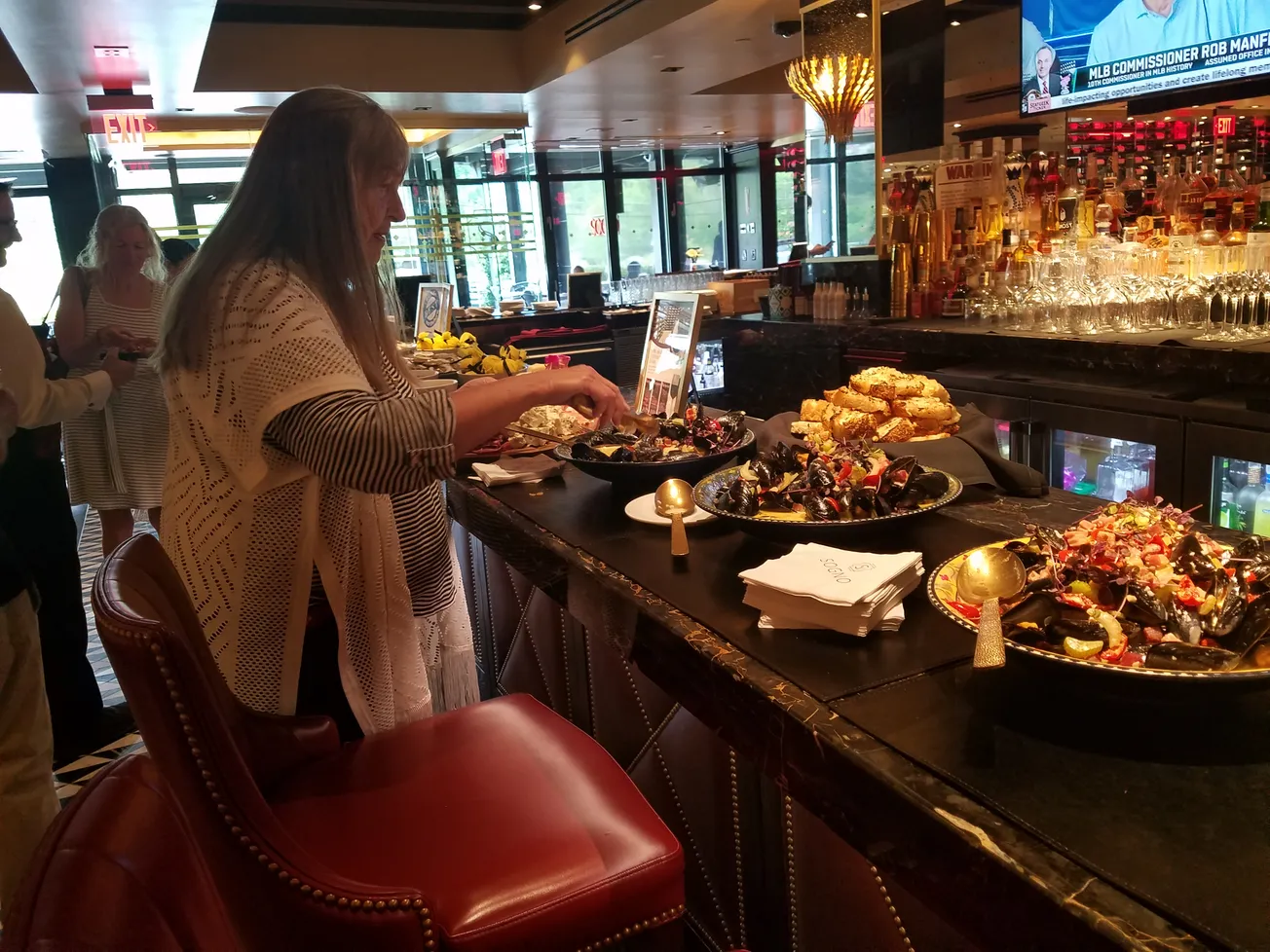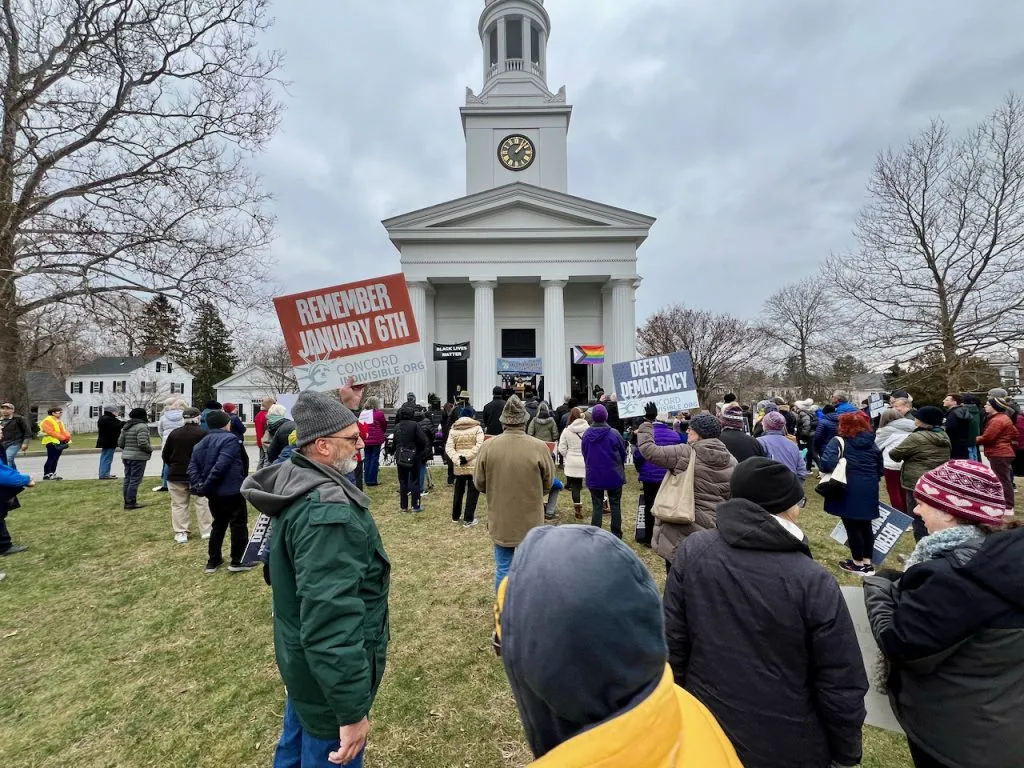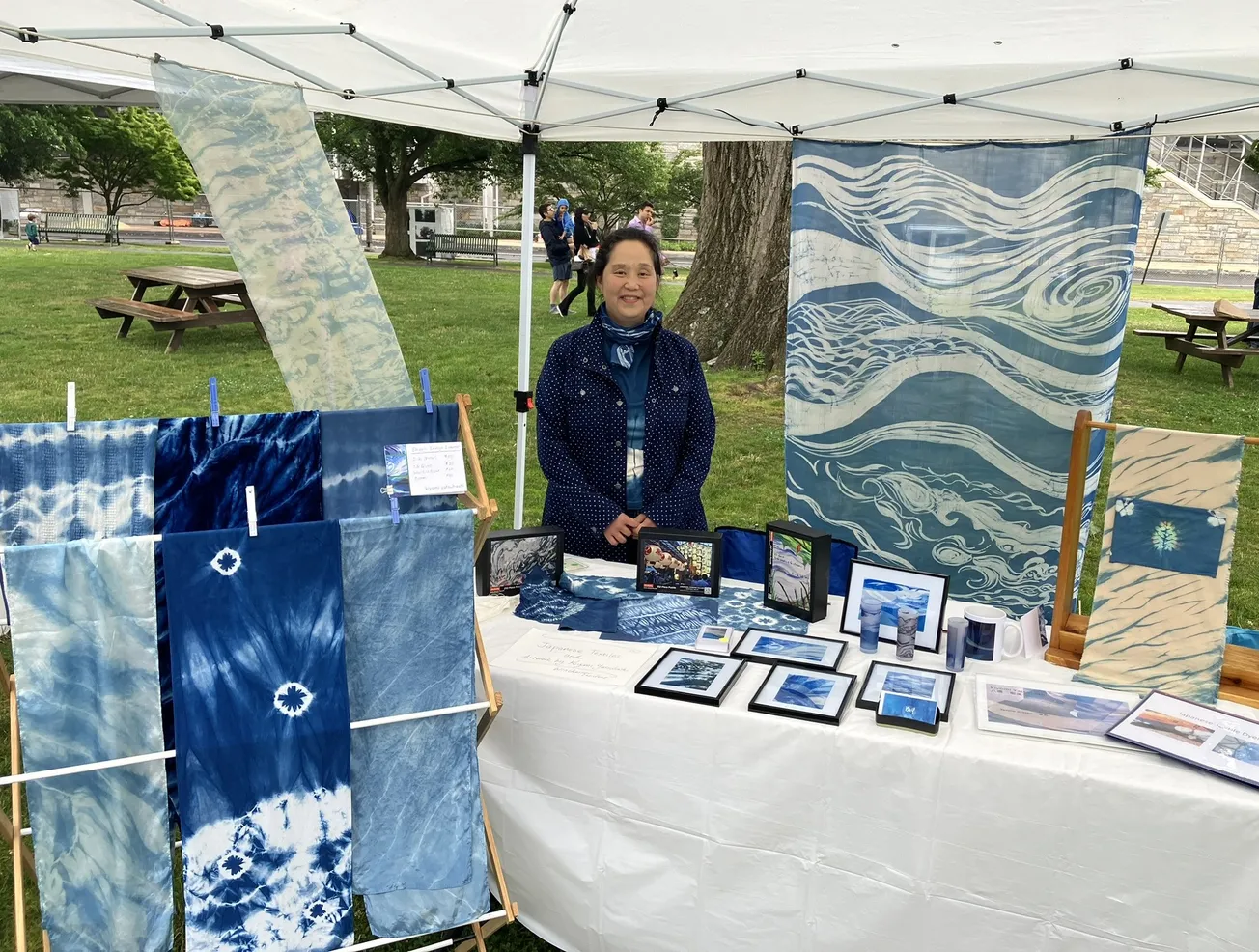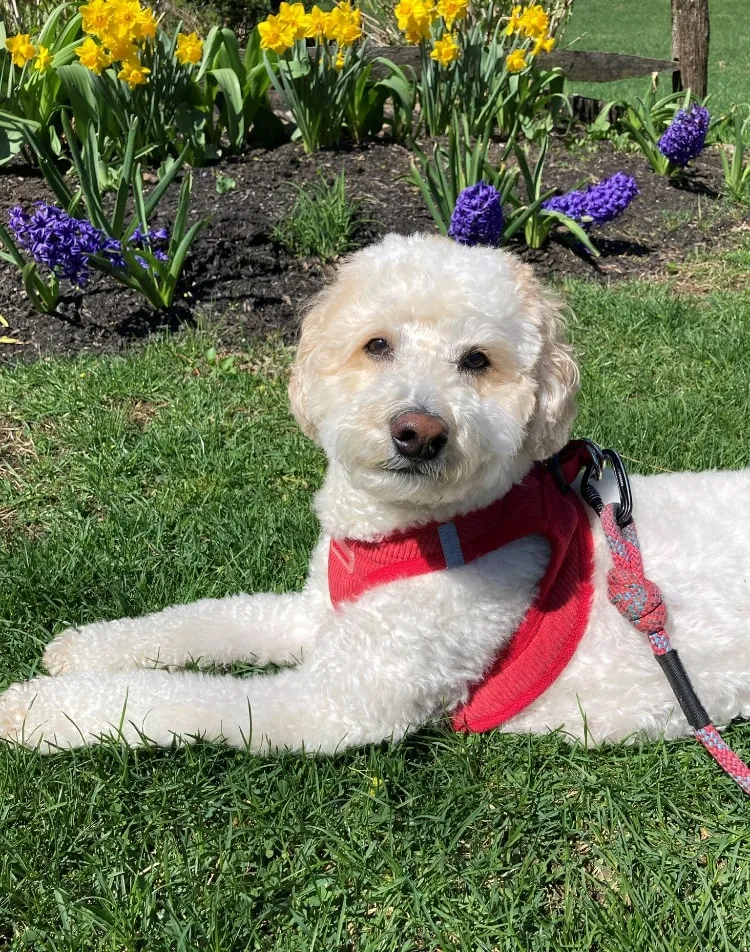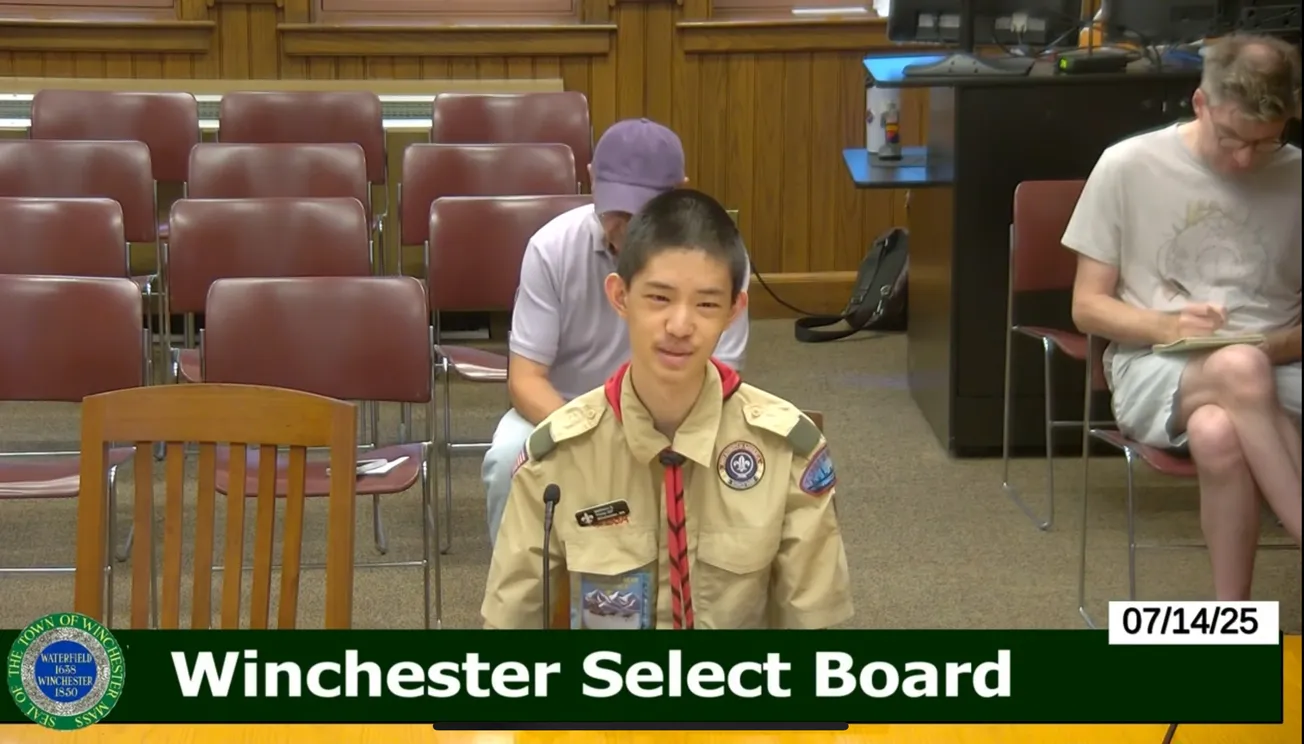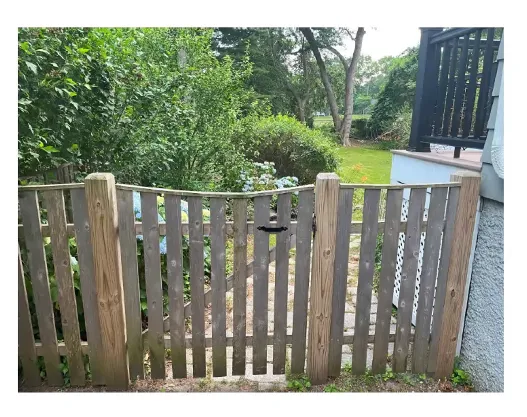Table of Contents
The following was submitted by Prassede Calabi on behalf of the Fast Forest committee:
On Thursday, March 21 at 7 p.m., join WIN Fast Forest for a discussion with Mark Richardson, director of horticulture for New England Botanic Garden at Tower Hill in Boylston.
Richardson has a passion for ecological horticulture and native plants. He is co-author of the book “Native Plants for New England Gardens.”
New England Botanic Garden at Tower Hill opened in 1986. Today’s Garden sits on 200 acres. The Garden cares for an irreplaceable collection of plants and places sustainability and environmental stewardship at the forefront of their work.
According to NASA, turf grass lawn covers more of the U.S. than any other irrigated crop, while degrading our environment. Lawns are resource-heavy, requiring mowing, irrigation, fertilizer, and pesticides to thrive in New England.
Learn why you should “kill your lawn” and how to replace it with beautiful and environmentally friendly gardens. Transitioning your yard to incorporate native plants in the lawn or gardens helps to mitigate floods, heat waves, sea-level rise, and the mass extinction of species.
Click here to register for this free event.

